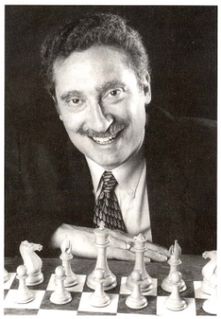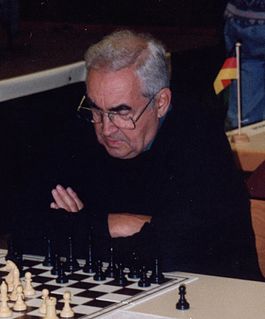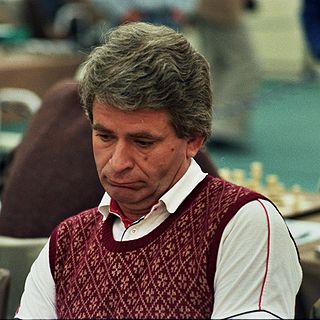A Quote by Norbert Reithofer
There were certainly those who rubbed their eyes in astonishment. But when we held a company discussion forum with Joschka Fischer, interest was high. Six hundred senior managers came to the meeting. In the end, there was tremendous applause for Fischer, because he offered a precise analysis of the challenges our industry faces worldwide.
Related Quotes
Joschka Fischer was a Green Party politician and Germany's foreign minister. We hired Mr. Fischer, as well as former US Secretary of State Madeleine Albright, as advisors because we, as an automaker, want to know, for example, how new emissions laws will develop in the United States, Europe and Asia. Fischer and Ms. Albright have diverse contacts worldwide. They can call our attention to trends early on, information from which we can benefit.
We, the Greens, should thank our former foreign minister Joschka Fischer for bringing something hideous and shameful to light - that Nazi ideas were fully adopted by white-collar workers in the Foreign Ministry. Joschka Fischer stood up to criticism that he would foul his own nest, and with his order to start the historical commission he made it clear that the ministry's pride in itself, as a haven of resistance to Hitler, was no longer acceptable.
Since 2005, when the French and the Dutch voted "no" on a constitution for Europe, nobody has developed a real project for the EU. And certainly not France. If there were ideas, they came from Wolfgang Schäuble or Joschka Fischer, and these German ideas were downright quashed by France. I want to put an end to that.
As with Steinitz, Fischer's genius has often been concealed by controversies away from the board. Like Lasker, Fischer has raised chess to new financial heights despite frequent retreats from serious play. And, like Capablanca, Fischer is recognized by millions of non-players and has won the game many new enthusiasts.
When Grand Masters play, they see the logic of their opponent's moves. One's moves may be so powerful that the other may not be able to stop him, but the plan behind the moves will be clear. Not so with Fischer. His moves did not make sense - at least to all the rest of us they didn't. We were playing chess, Fischer was playing something else, call it what you will. Naturally, there would come a time when we finally would understand what those moves had been about. But by then it was too late. We were dead.
On September 11th, 2001, in our time of grief, the American people came together. We offered our neighbors a hand and we offered the wounded our blood. We reaffirmed our ties to each other and our love of community and country. On that day, no matter where we came from, what God we prayed to, or what race or ethnicity we were, we were united as one American family.































